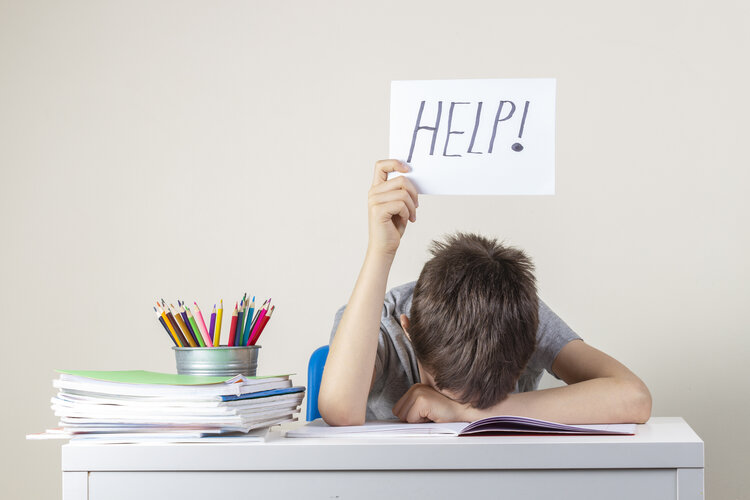
How’s the school holiday break going so far? Maybe you’re having some ups and downs like we are :)?
Last week, I shared how I’ll be giving you ideas to boost your children’s life skills over the school holiday. This month we’re focused on self-awareness, helping your children become more aware of their thoughts, emotions, and behaviors.
This week, we’ll focus on a life-changer technique for me in my work with students who have difficulty reading and with my daughters and it’s validating children’s emotions.
Take, for example, your child is easily frustrated. Maybe they are shouting, thinking something is unfair, don’t want to do it, etc. This is the behavior you are seeing, but there is a reason for the behavior.
Building children’s self-awareness encourages children to recognize the thoughts and feelings behind their behavior so that they can respond (rather than react) in more helpful rather than harmful ways.
And to be honest, I didn’t start doing this until I was an adult, so helping our children build these habits and behaviors (neural pathways in the brain) will benefit them when they come across challenges in school and life.
Ok, so how do we do this?
Take the frustration example; you validate the emotions you see your child experience
“So you’re upset and frustrated that I’m checking in to see if you cleaned your room.”
“It’s ok to be mad and frustrated. It’s not ok to shout at mommy.”
“I’m going downstairs. Please come talk to me when you feel calm.”
This doesn’t always work, but it does do two critical things:
Validates the emotions your child is experiencing so your child feels seen and understood
It gives a name, builds emotional vocabulary for what your child may be experiencing inside their bodies.
I use this same technique in my reading work with children. This week, one of my students felt frustrated and didn’t want to work on a spelling exercise because it was challenging. To help my student persevere through the challenge, I validated the emotions I saw in her and encouraged her by sharing a personal story about a time I felt frustrated and discouraged.
Validating emotions helps children feel seen and understood while building self-awareness to overcome challenges and build resilience for learning and life. Plus, as a parent, it hopefully develops healthy lifelong habits and behaviors for your child.
Get your free parent guide to help your child read and build their self-awareness at home today!